 Search
Search


Conventionally, drones are powered by lithium-ion batteries, which means an average run time of 30 minutes for one session.
Image: Flickr/
Giorgi's Photography
Called ‘Drone Regulations 1.0’, India’s National Drones Policy came into effect on December 1, thus allowing for the first time the use of commercial drones. Following this, the Ministry of Civil Aviation kick started the online registration of drones in the country through its Digital Sky portal.
Under the new policy, nano drones which weigh 250 grams or less do not need a registration or license.
With this opening up of the skies, Gensol is gearing to register its initial fleet of 50 to 70 drones, Anmol Singh Jaggi, Gensol’s founder, tells pv magazine.
Powered by fuel cells that facilitate an optimal air time of four hours in one session, the U.S.-imported drones will monitor solar plants – both operational and under construction – sending back images, which will be processed by a custom-made image-recognition software, in real time.
Conventionally, drones are powered by lithium-ion batteries, which means an average run time of 30 minutes for one session. Jaggi says that with Gensol’s new drones, there will be better real time data available.
With the new software, an animal intrusion can be differentiated from human intrusion, for instance, he said, adding that not all of the drones will be fuel-cell powered. Indeed, the lithium-ion powered drones will be used in operational projects, while the fuel-cell drones are kept for projects under construction.
This is not the first time, Gensol is deploying drones. The company is already using third-party drones for thermographic inspection to identify non-performing modules, as well as monitor the security of solar plants.
“Beyond the basic thermographic inspection, the new drone fleet will massively cut down the security cost, which is invariably around 25% of the O&M expenditure for any solar project,” said Jaggi.
Citing example of drones serving as a security eye in the sky, Jaggi said that a 100 MW solar project typically requires 30 security guards, which entails an annual salary expenditure of Rs 60 lakhs ($84,000). With drone deployment, Gensol can trim down this requirement to just onsite 10 guards.
Founded in 2007 and with a presence in 22 states of India, Gensol stepped into the solar sector in 2012. It aims to double its O&M capacity from the current 2.4 GW to 5 GW in the next 18 months.
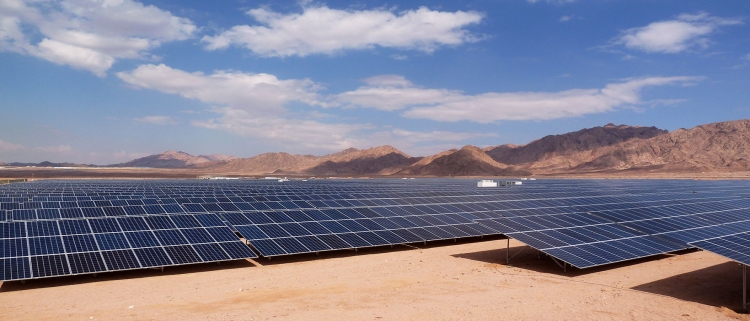
Consulting Services for 6 GW Solar PV Power Project in Riyadh Province, KSA Read More
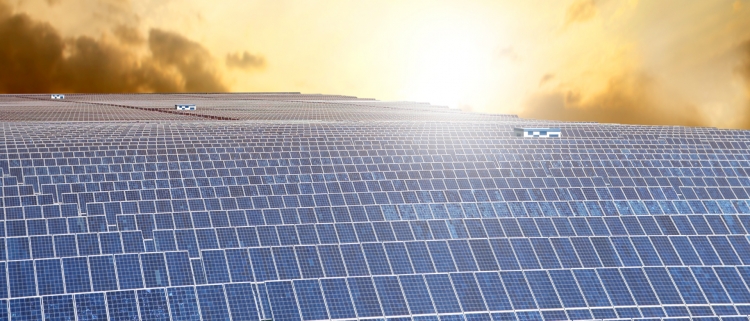
Read about Gensol's Solar Consulting Services for Majis at Sohar Port Read More

Read how Gensol as a project consultant solarized the International Airports at Oman Read More
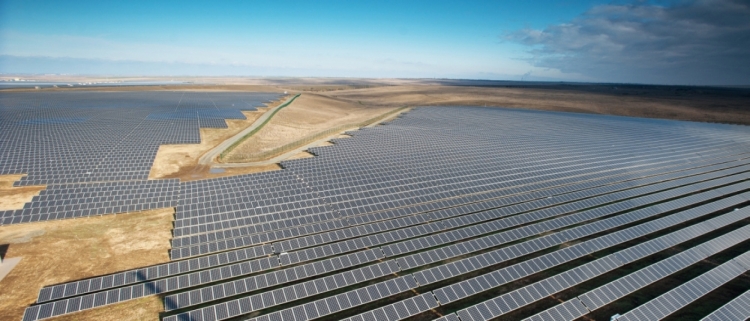
Read how Gensol provided Engineering Consultancy Services for a 1 MWp solar PV project at Oman Read More
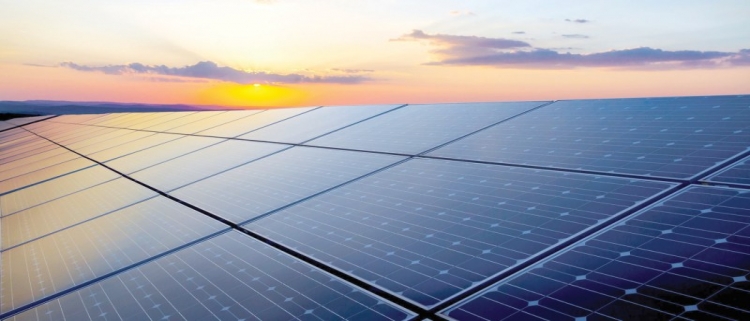
Read about Gensol's work at Yemen for Estidama Energy Read More
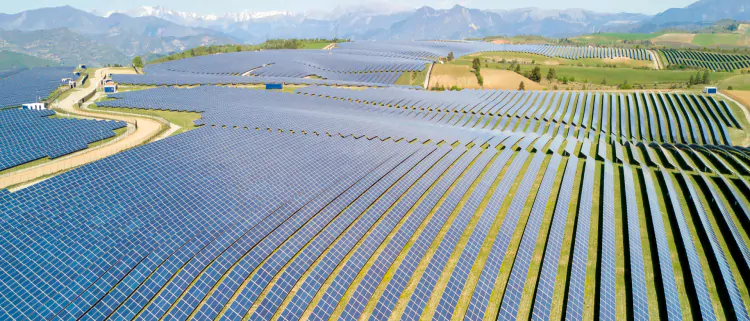
Gensol helped Greenko Group bring India’s largest solar project to life. Read More
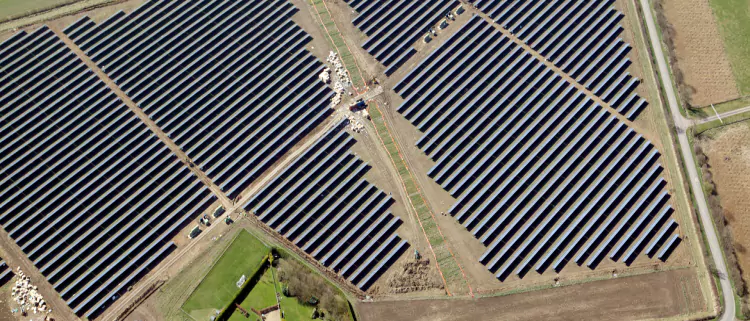
Nation Builder - Adani - appoints Gensol to manage construction for its Solar Projects Read More

